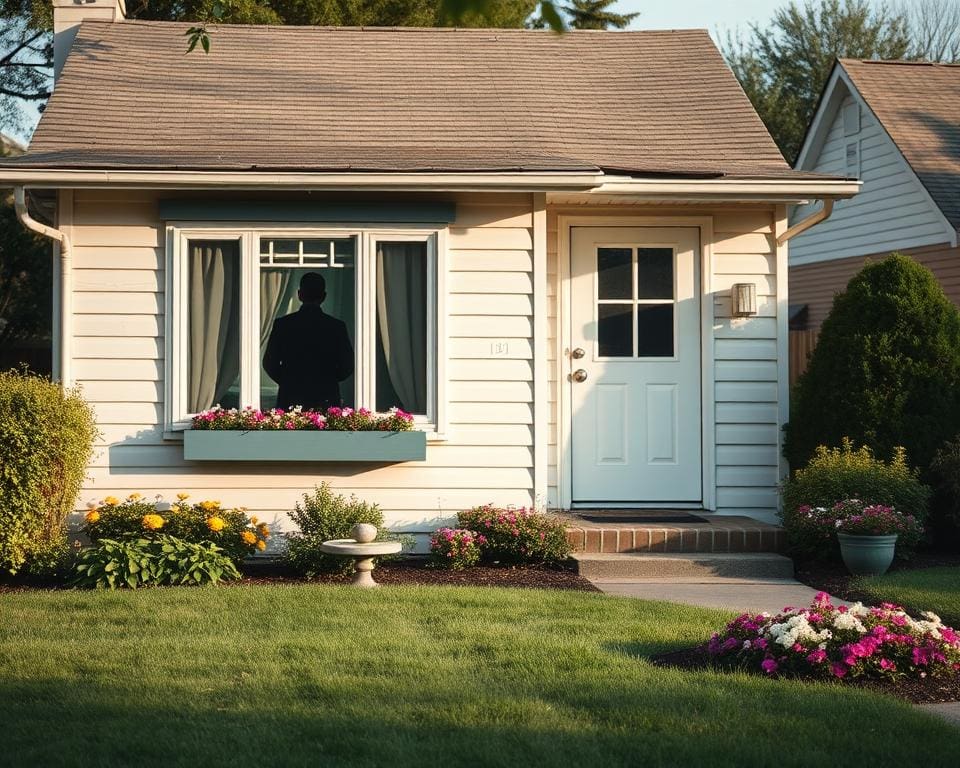Deciding to enter a nursing home can bring about a whirlwind of emotions and concerns, particularly regarding property ownership. For many individuals, a home represents not only a financial asset but also a lifetime of memories and experiences. This guide aims to clarify the often misunderstood aspects of what happens to your property when you transition to an elderly care facility. Understanding the implications of nursing home regulations is vital for making informed decisions, allowing families to navigate this important chapter with confidence.
Understanding Nursing Home Regulations
Navigating the world of nursing home regulations can seem daunting, yet it is vital for individuals considering elderly care facilities. In the United Kingdom, the Care Standards Act sets the foundation for these regulations, which aim to ensure high-quality care and safeguard residents’ rights. Local authority guidelines play a crucial role in defining the specific standards that care homes must meet, ensuring both safety and comfort for the elderly.
Understanding these nursing home regulations provides clarity regarding property ownership rights. Many individuals fear that entering a nursing home could jeopardise their homes. In reality, regulations are in place to protect property owners, even in the face of care fees. Knowledge of these protections empowers families to make informed decisions about care options while retaining their valuable assets.
Familiarity with the legal frameworks not only aids in understanding one’s rights but also facilitates smoother discussions with care facilities. Personal rights revolve around the ability to maintain property ownership while receiving appropriate care. As individuals prepare for this transition, recognising their rights under current nursing home regulations helps foster a sense of security and peace of mind.

The Impact of Care Fees on Property Ownership
Entering a nursing home can bring significant changes to one’s financial landscape, particularly concerning care fees. These fees can vary widely depending on the level of care required, often leading to unforeseen expenses. Understanding these fees is essential for anyone considering a move into residential care.
One major aspect of this situation relates to property ownership rights. When evaluating individual finances for care, local authorities often consider the value of one’s property. This assessment can play a crucial role in determining eligibility for support or the amount of financial planning for care necessary to safeguard one’s estate.
Many individuals may find themselves subject to means testing, which involves an evaluation of both income and assets. Property value is a key factor in this process, potentially resulting in a significant portion of care fees being funded through personal resources. Awareness of these implications is vital for effective financial planning.
Without adequate preparation, the burden of care fees can exert considerable pressure on one’s estate, altering long-held property ownership rights. It is imperative to approach this situation with foresight, allowing time to strategise and seek advice to mitigate any financial strain.
If I Go Into A Nursing Home What Happens To My House
The prospect of a nursing home transition stirs up various considerations, particularly concerning property ownership. When an individual moves into a nursing home, the question of what happens to their house is paramount. Understanding the implications of the transfer of property rights and the necessity for financial assessments plays a crucial role in making informed decisions.
Transfer of Property Rights
The transfer of property rights often occurs during this significant life change. In many cases, individuals may choose to transfer ownership to family members or set up a trust to protect their assets. These decisions can greatly influence how property is managed and accessed during a nursing home stay. Families may seek to ensure that the house remains within the family lineage, which often leads to discussions around legal frameworks and the responsibilities attached to ownership.
The Need for Financial Assessments
Financial assessments conducted by local authorities play a vital role in determining eligibility for funding assistance in a nursing home environment. During this process, authorities evaluate an individual’s assets, including property. This evaluation can significantly impact decisions surrounding the continuation of property ownership. Understanding the intricacies of these financial assessments helps individuals prepare for potential outcomes and the steps needed to protect their estates throughout the nursing home transition.
Exploring Housing Options for Seniors
As seniors consider their living arrangements, a variety of housing options for seniors exist beyond conventional nursing homes. Understanding these alternatives enables individuals to make informed decisions tailored to their unique circumstances and preferences.
Assisted living offers a balance of independence and support, catering to seniors who may require assistance with daily activities while enjoying their own space. This option promotes a sense of community and social engagement, which can greatly enhance overall wellbeing.
Sheltered housing provides another viable option, offering independent living with additional safety features and access to support when needed. This form of accommodation encourages autonomy while ensuring that help is readily available, should the need arise.
Independent living arrangements allow seniors to maintain a high level of independence, often within a senior community. Such environments encourage social interactions among residents, which can significantly improve mental health and life satisfaction.
Each of these housing options for seniors presents its own benefits and challenges. Evaluating the various alternative care solutions offers clarity on how they align with personal preferences and needs. A proactive approach to these choices can empower seniors to explore what best suits their lifestyle, ensuring a fulfilling living experience as they age.
Estate Planning and Your Home
As you approach the possibility of a nursing home, estate planning becomes crucial for protecting your home and assets. Proper management of your property can ensure your wishes are respected and followed, especially through a well-crafted will and testament. Many homeowners overlook the significance of addressing property in their estate plans, leading to unintended consequences for heirs.
When considering property management, it is vital to make arrangements that reflect your desires for the distribution of your assets. This might include establishing trusts to support loved ones while allowing for the safe management of any care fees that could arise. Such strategic actions provide clarity and security, making certain that your intentions are honoured even after you are no longer present.
Engagement with legal professionals during this process can contribute greatly to ensuring that all provisions are in accordance with current laws. They will assist in drafting a robust will and testament that reflects your specific needs and preferences. Thoughtful estate planning truly has the potential to provide peace of mind, allowing you to focus on enjoying your years ahead without the burden of uncertainty about your property.
Managing Your Property Before Moving to a Care Facility
As you consider the transition to a care facility, effective property management becomes crucial in ensuring a smooth change. One of the first steps is to evaluate your options regarding your home—whether to sell, rent, or downsize your property. This decision can significantly impact your financial future and emotional well-being, making it essential to weigh all alternatives carefully. Home selling advice often prioritises decluttering and enhancing the property’s appeal, which can help you fetch a better price in the current market.
Furthermore, assessing your property’s condition is vital before you move to a care facility. Investing in minor repairs or aesthetic improvements can increase marketability and attract potential buyers or tenants. Whether you choose to work with estate agents or rely on family insights, gathering professional opinions can illuminate the best course of action tailored to your circumstances.
Always remember, preparing for a care facility is not just about the physical assets but also about securing peace of mind. Consulting real estate professionals and financial advisors can offer guidance on managing your property effectively, ensuring you make informed decisions that support your future living arrangements. Balancing emotional ties to your home with practical considerations is key to embracing this new chapter in life.









